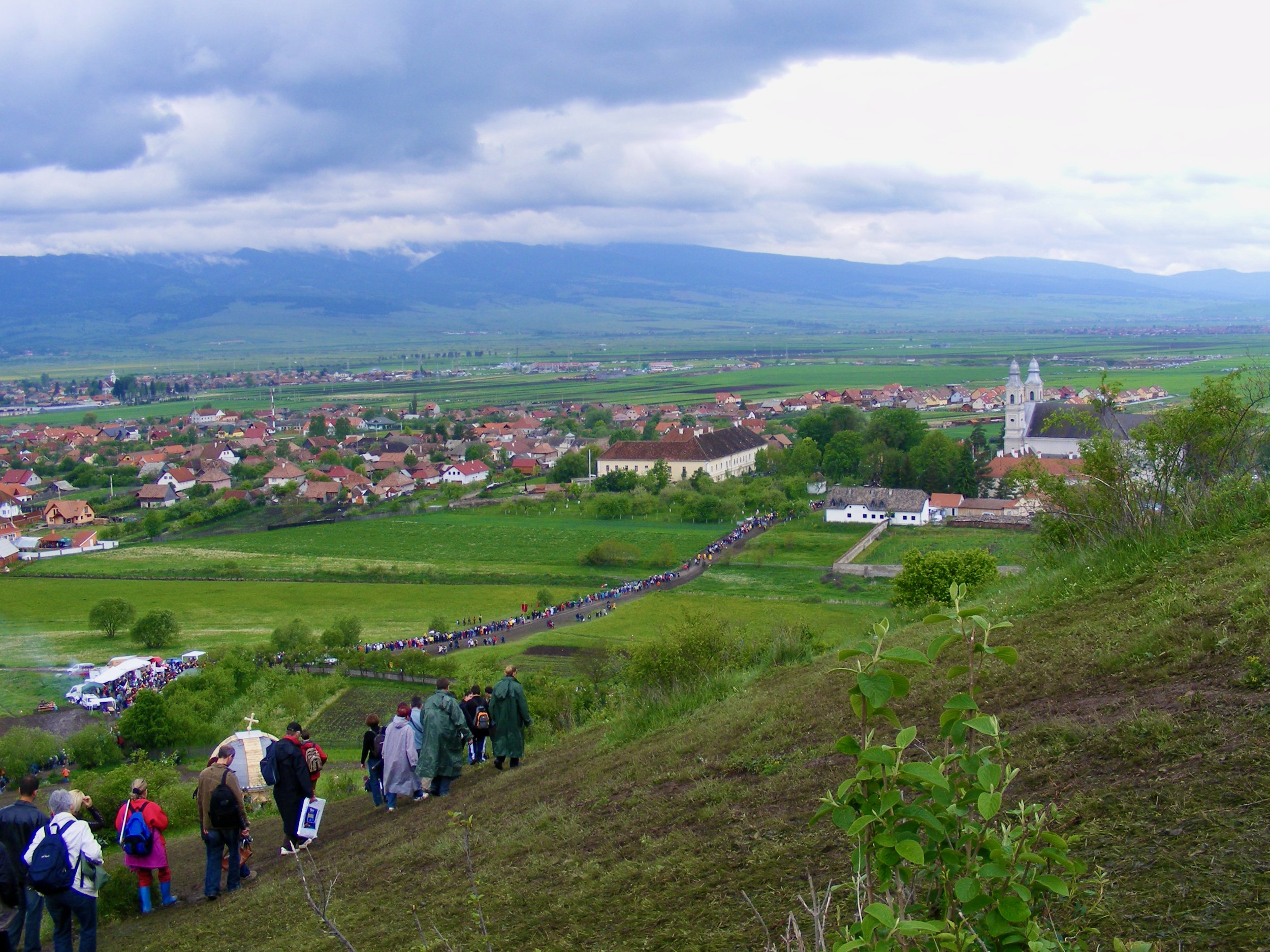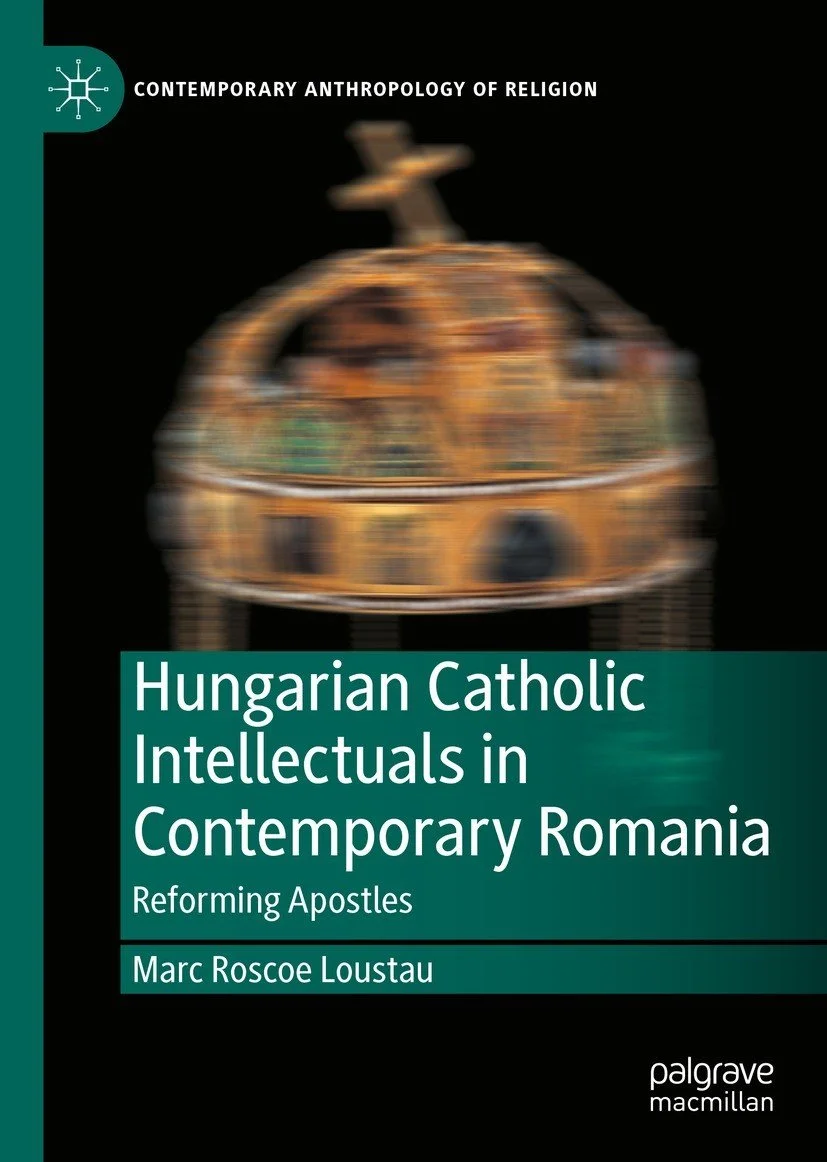
Book
Hungarian Catholic Intellectuals in Contemporary Romania: Reforming Apostles. Contemporary Anthropology of Religion. Palgrave Macmillan, 2022.
With Christian nationalism’s rise as a backdrop, Reforming Apostles is the first full-length ethnography to treat Christians as intellectuals, and theologians as creators of national cultural traditions. Loustau’s personal storytelling draws readers in and his prose is vividly energetic. Reforming Apostles is the best of what cultural anthropology’s genre of ethnography has to offer.
The book also speaks powerfully about right-wing populism and democracy’s new malcontents. By studying the schools where Hungarians learn a right-wing Christian ideology, Loustau discovers that Christian nationalists are more suspicious of each other than we might think and misunderstand each other more often than not. Right-wing movements are not simply expressions of economic resentment; religious, economic, and political differences animate these movements and also weaken them from within.
The first step in combatting Christian radicalism, whether it’s the Proud Boys in the U.S. or a Knighthood Order in Hungary, is understanding how they work. Reforming Apostles is necessary reading for students, scholars, and journalists alike.
Library Access | Amazon | Publisher
Podcast interview
Featured on “New Books in Religion” with Diana Dukhanova (New Books Network), August 17, 2022
What people are saying
“This exceptional study of Hungarian Catholics in Transylvania looks at how a minority’s intellectual tradition is forged and transformed in the long 20th century. Bringing back ‘intellectuals’ as key actors in the relationship between state, church and minority politics it contributes to broader discussions about civic cultivation/ education, Christianity and nationhood in Central and Eastern Europe, and sheds light on the roots of contemporary Hungarian right-wing populism.”
— Vlad Naumescu, Associate Professor of Sociology and Social Anthropology, Central European University, Austria
“Loustau’s critical ethnographic and theological engagement with affects of love, penitence, atonement and pride in the animation and subversion of missions, in a patronage and priestly charisma that reckons with the anxiety of post-socialist capitalist desires timely shows that a creativity of the Church’s sacramental body can challenge a pervasive catholic humanitas paradigm, for too long complicit with European populist, exclusionary formations of cultural otherness.”
